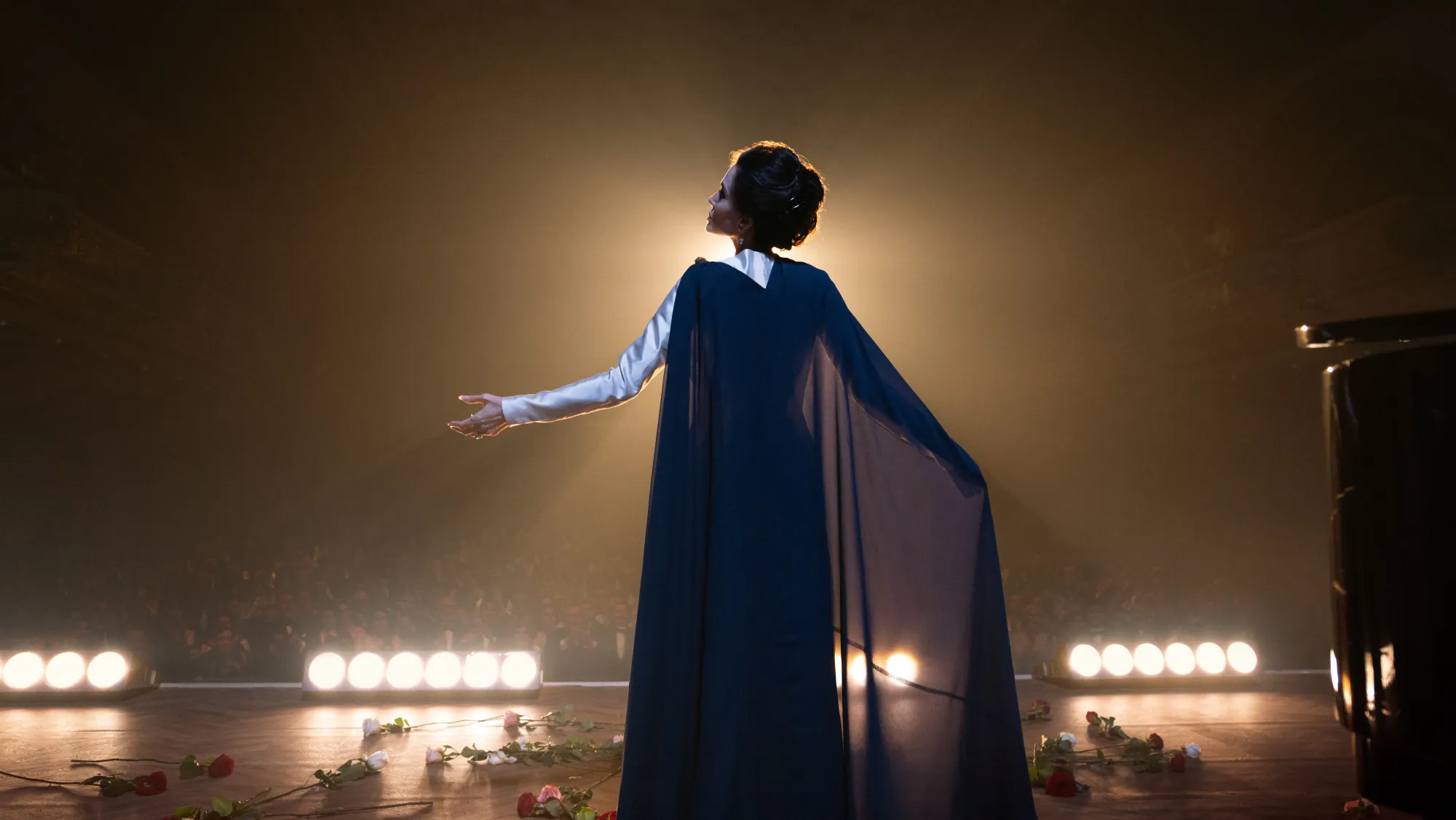
The opera may bear the name of his wife, who sings prettily and demonstrates considerable passion, but the trials and tribulations of Bertarido drive the plot. That seems certainly clear in a new staging that debuted last weekend at Hudson Hall in Upstate New York, where mezzo-soprano Sun-Ly Pierce anchored a visually arresting but dramaturgically convoluted production, the first entry in a multi-year Handel retrospective from the director R.B. Schlather.
Appearing in the second scene of the first half, Pierce exhibited the regal bearing of a king, but her posture stooped slightly under the weight of her travails. She was defiant yet defeated, proud but uncertain that she would prevail against the forces that stole her rightful position. Pierce conveyed this all wordlessly from her initial entrance, but her performance truly took flight with her ravishingly anguished “Dove sei, amato bene?”, which communicated the gravity of Bertardino’s unfortunate situation.
Pierce possesses a weighty, chestnut-toned true mezzo, a star sound underpinned by artistry. Throughout the second performance of a six-show run on Sunday afternoon, she seemed entirely comfortable with Handelian style, ornamenting memorably and slimming her sound to a still-audible whisper to communicate the sense of danger faced by her character. She gave us a full glimpse of the brash ruler Bertardino must have been, believing initially without question that Rodelinda would unhesitatingly marry his tyrannical rival, Grimoaldo, or that his sister Eduige would turn against him.
It was the most fully formed characterization of the production. It’s clear that Schlather views the work as a psychological thriller beyond its melodramatic trappings, and he writes poignantly about discovering the opera during the darkest moments of the pandemic—a time when people found themselves wildly unmoored and unsure of their choices. These elements were reflected in the spare scenic design, a gray-walled room that felt increasingly claustrophobic as it became a prison, boardroom and battlefield for the characters. The lighting, by Masha Tsimring, similarly took on a foreboding weight, as intimidating shadows seemed to represent the dark recesses of the mind.
Rarely beyond Pierce did the acting reach the same distinctive and individuated level as the design elements. Keely Futterer made a physically striking impression as Rodelinda, her cascades of red hair spilling out over the conservative widow’s attire designed by Schlather and costume associate Gaby LaRoche. Yet her confrontations with Grimoaldo (Karim Sulayman, a standard-issue villain down to his twirlable mustache) or her tense patter with Eduige (an oddly placid Teresa Buchholz) remained largely indifferent in terms of emotional variation. If Futterer came across as slightly too campy in Rinaldo at Glimmerglass last summer (where she played Alcina), she had the opposite problem here: she could have turned up the dial on Rodelinda’s righteous fury.
Futterer boasted an impressive, room-filling sound, although her attacks were rarely clean and her tone turned glassy in its highest range. It was also worrying in an artist so young to hear a fair amount of spread whenever any pressure was applied. Sulayaman and Buchholz both displayed keen period style but rather dry, small-scale instruments. Among the other principals, bass-baritone Douglas Williams was an authoritative, richly voiced but somewhat one-dimensional Garibaldo, while countertenor Brennan Hall was a parched, inconsistent Unulfo. The silent role of Flavio, Rodelinda and Bertarido’s son, was taken by Tessa K. Prast at the performance I attended, a sixth-grader from nearby Craryville, New York.
The most interesting aspect of the afternoon, aside from Pierce, happened offstage. Ruckus, the conductor-less early music outfit, served as the production’s pit band, and they performed with a sense of style and snap often missing from mainstream Baroque music events in New York. With fleet tempos and smart aleatoric choices to supplement the score, they restored the sense of immediacy and daring inherent in Handel’s score, which can sound parched in larger venues like the Met (where Rodelinda was heard last season) and in the hands of musicians not grounded in performance-practice traditions. The name Ruckus was well earned: they created a frisson missing elsewhere, and gave the audience a reason to return for future installments. Long may they, and Pierce’s Bertardino, reign.
A final note: Both the Hudson Hall website and the program list a running time of two hours and 15 minutes, but in reality, it’s closer to three hours. I find it irresponsible to not correct such inaccurate information, especially when a large portion of the audience is traveling in to see this production (and, presumably, many are relying on public transit). Keep the real running time in mind when booking Amtrak tickets.
Photos: Matthew Placek
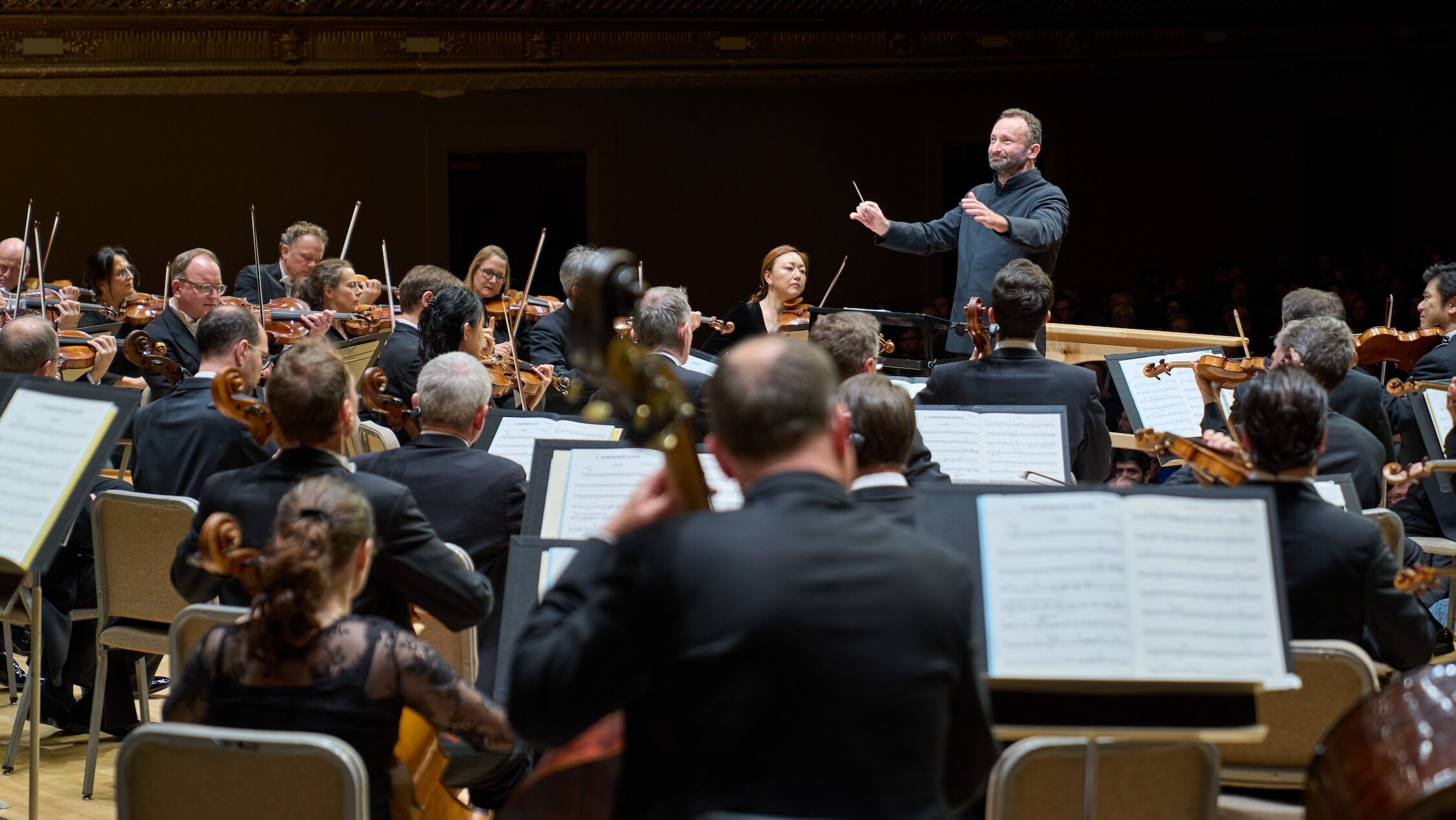
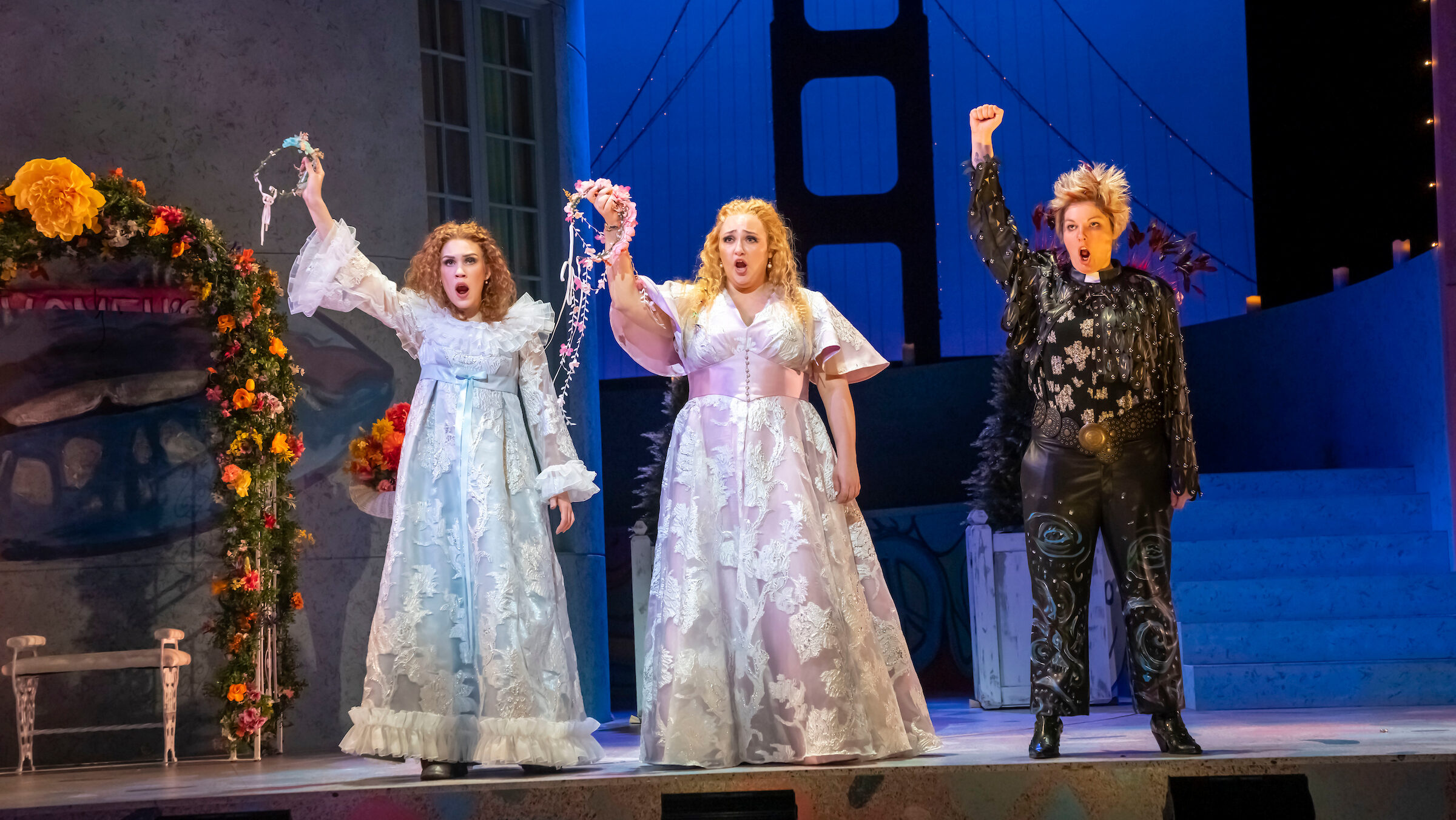
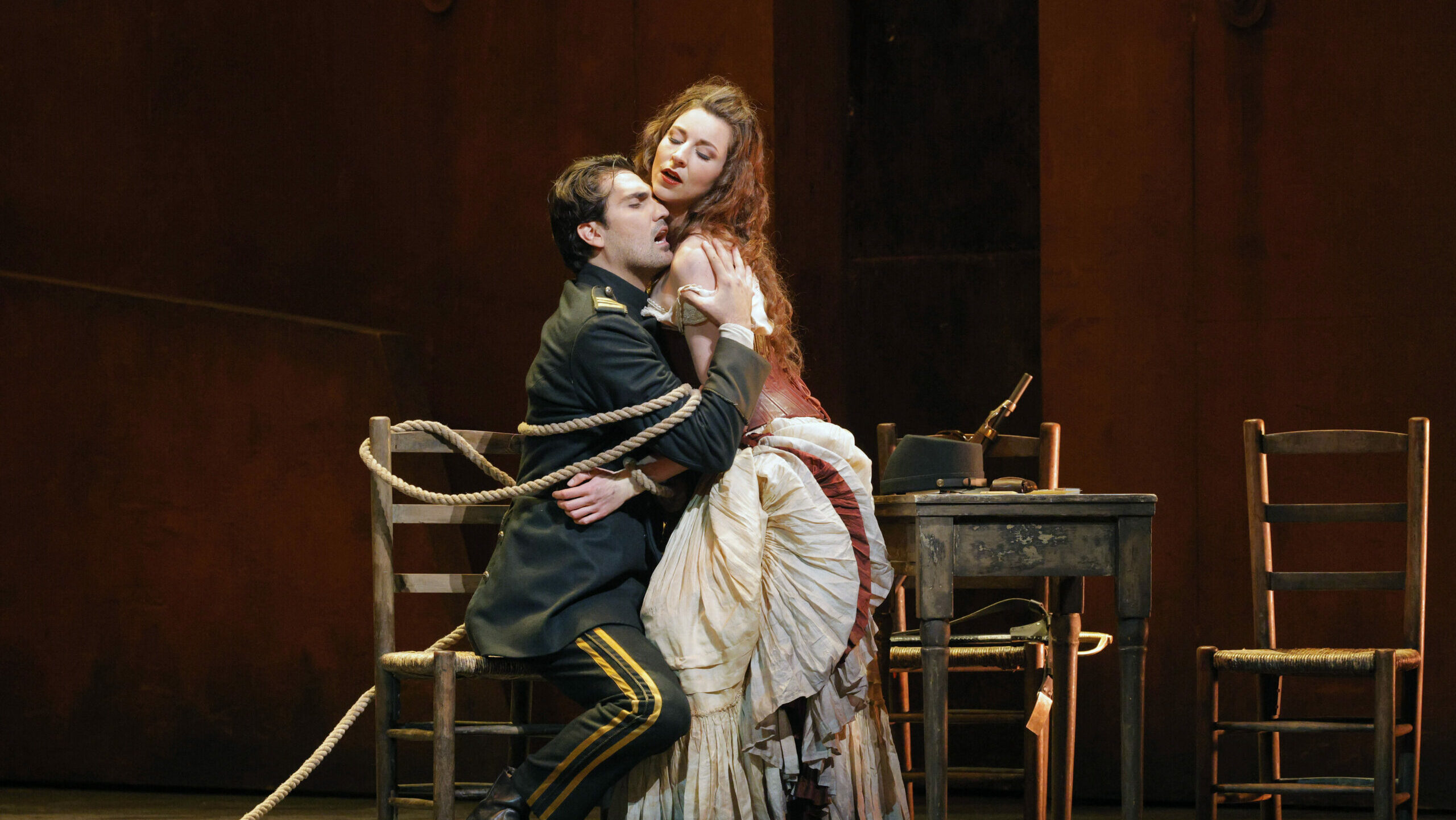


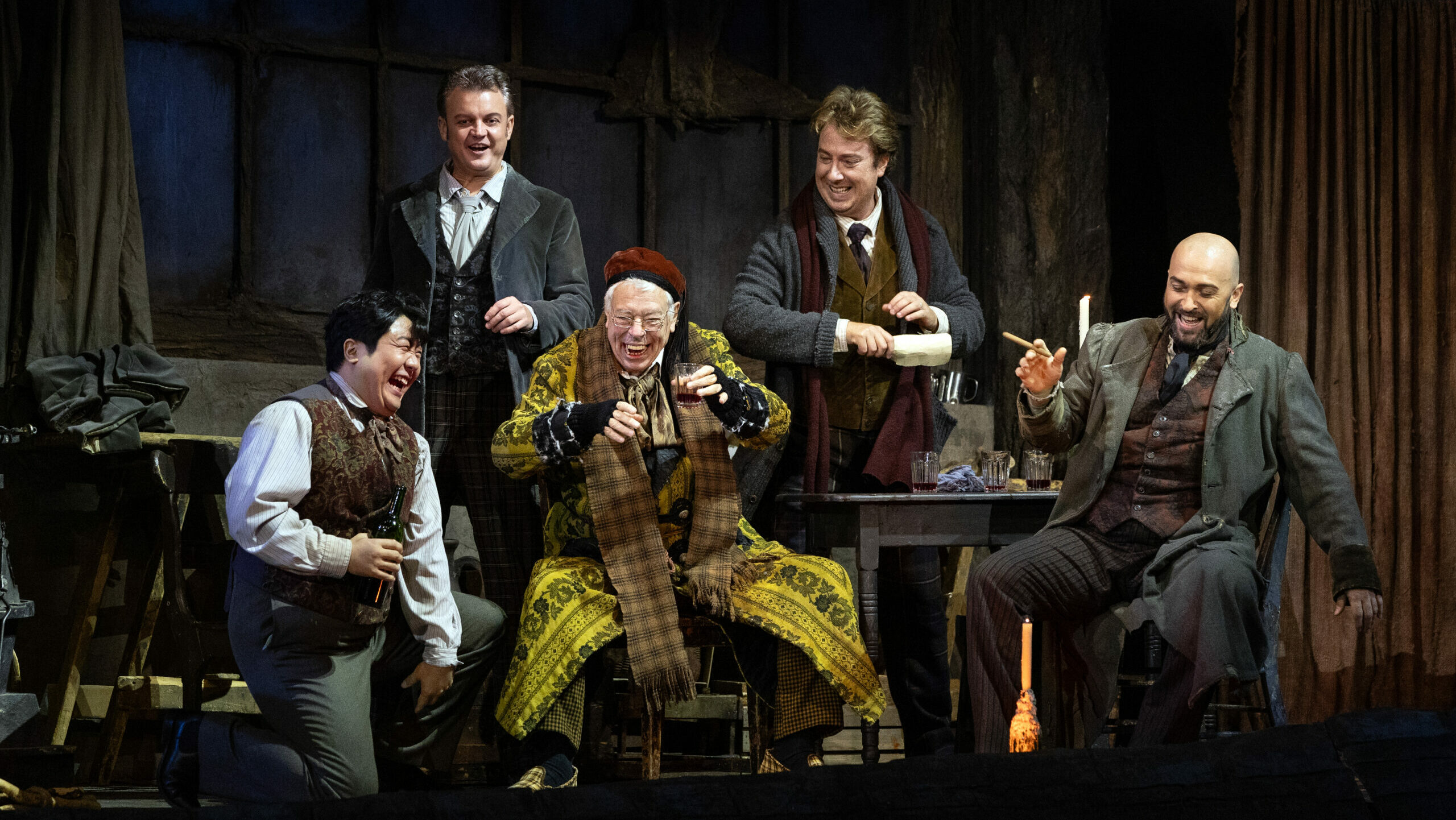
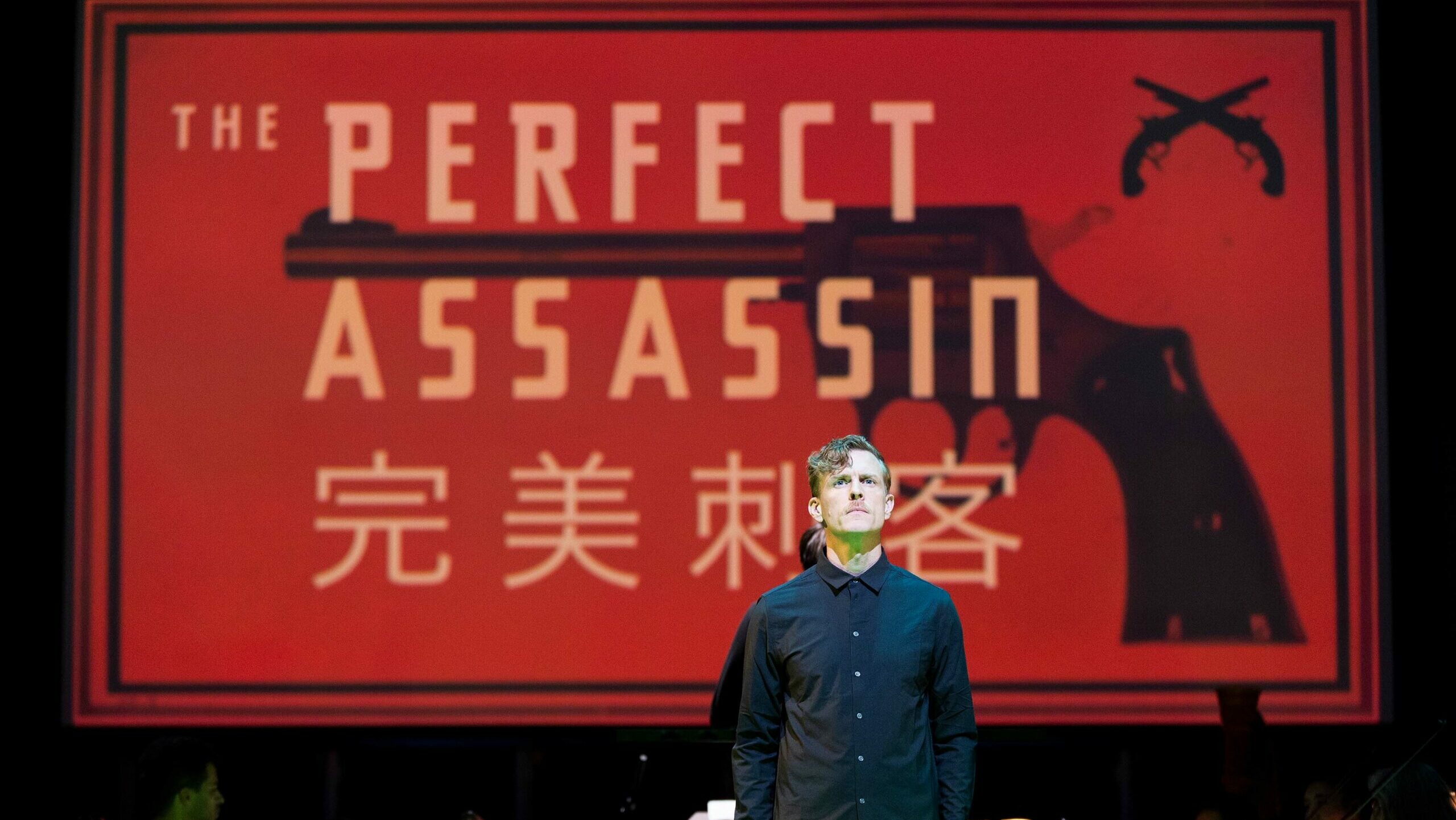
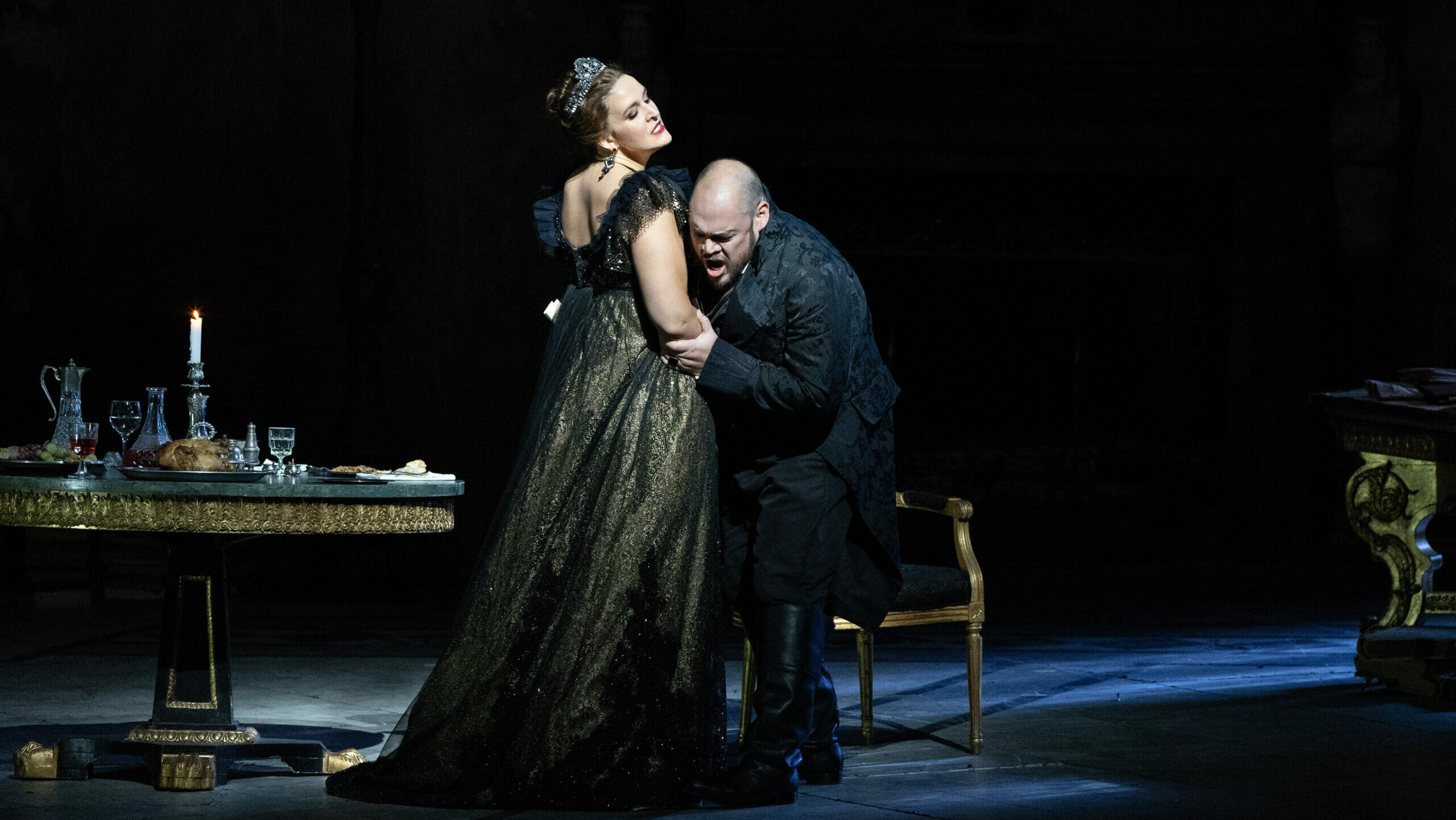

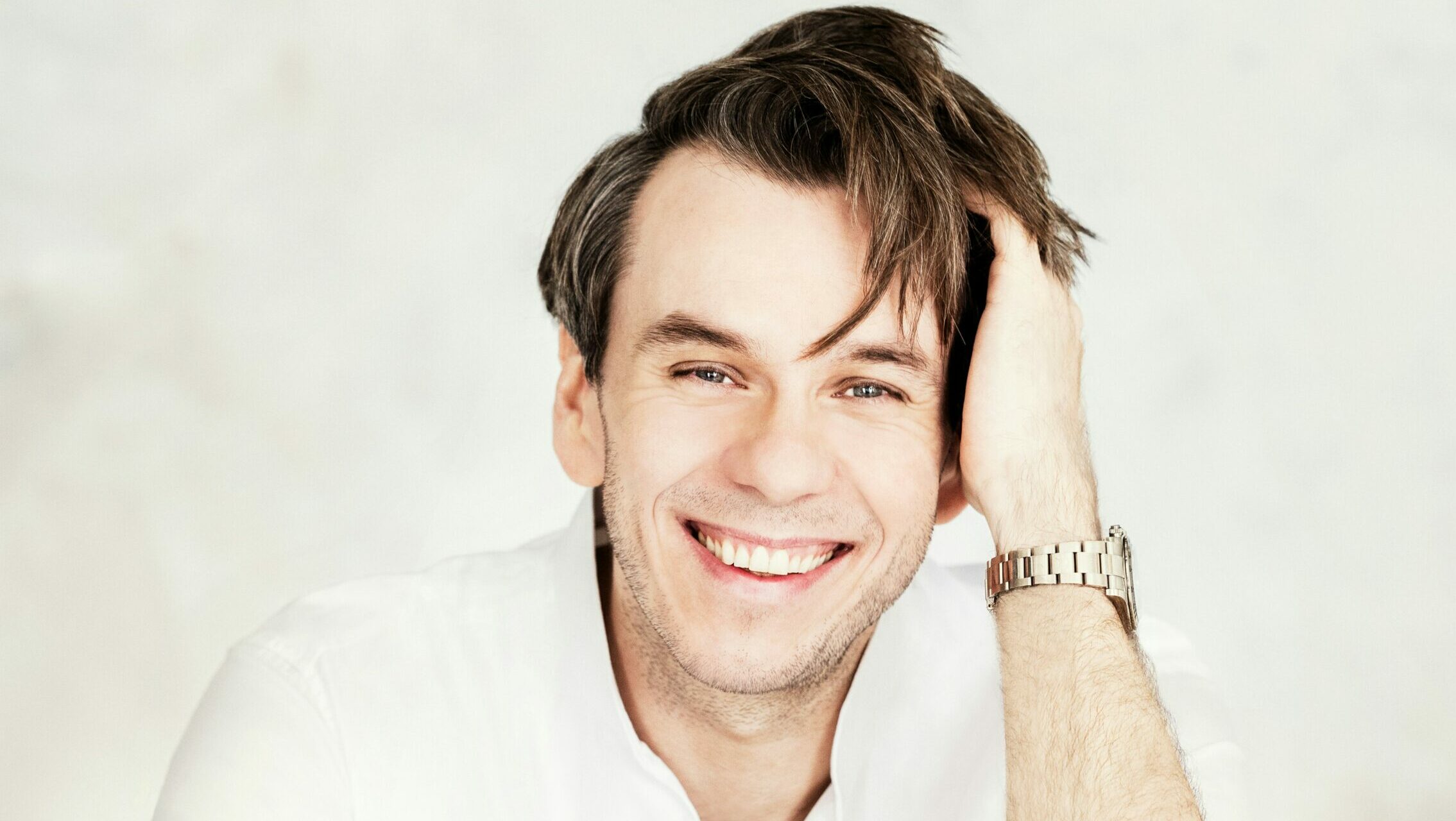
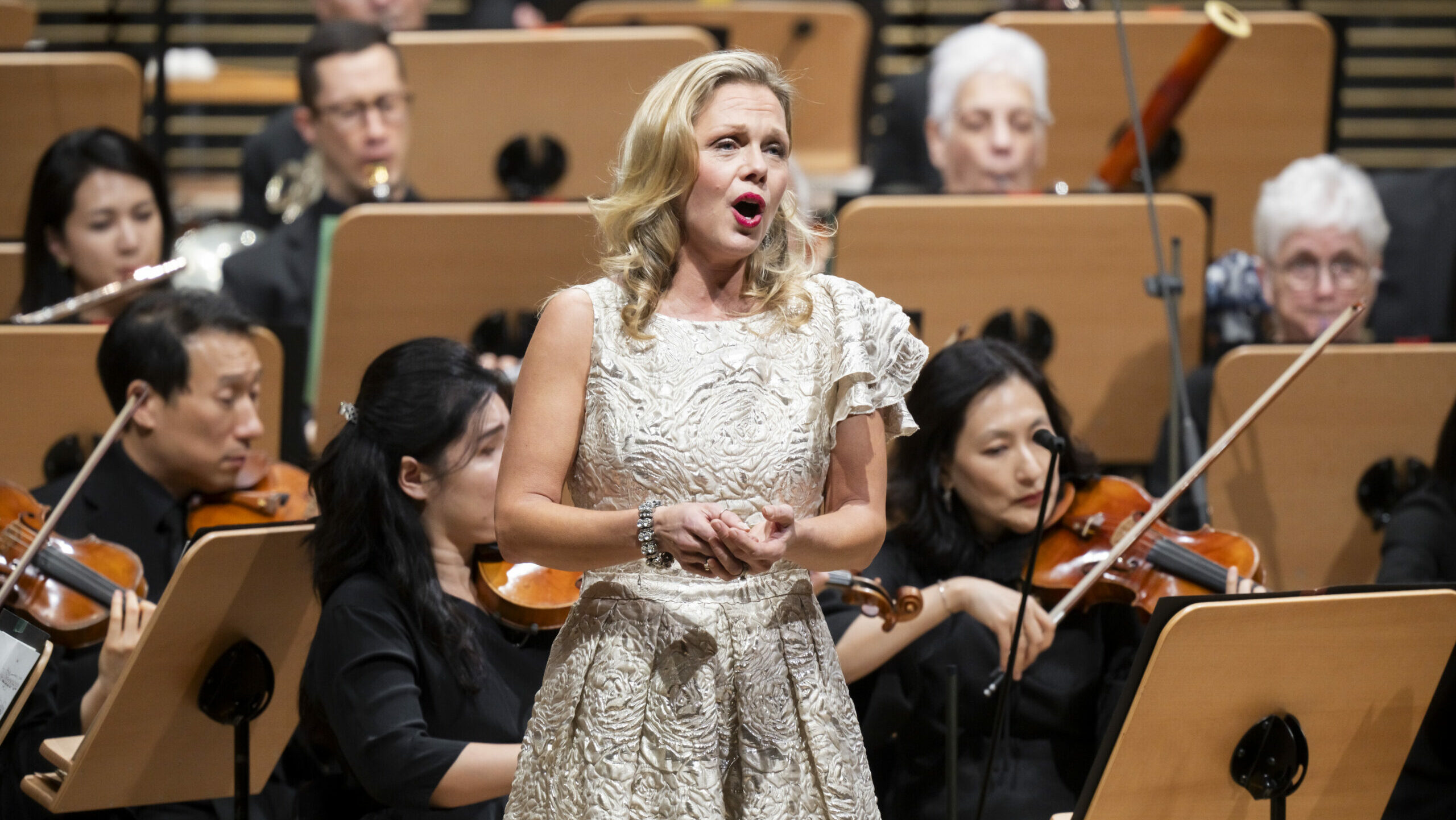
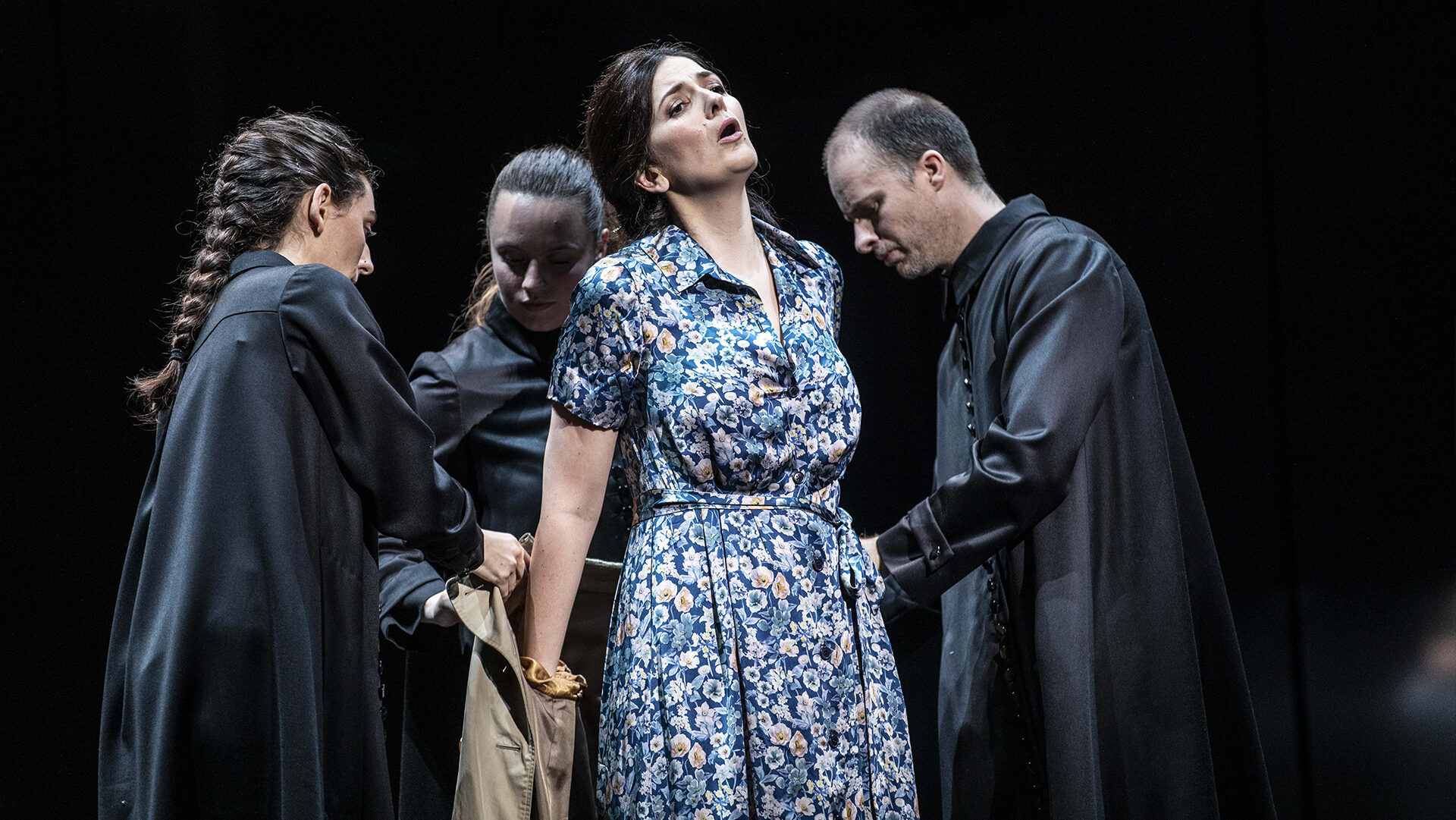
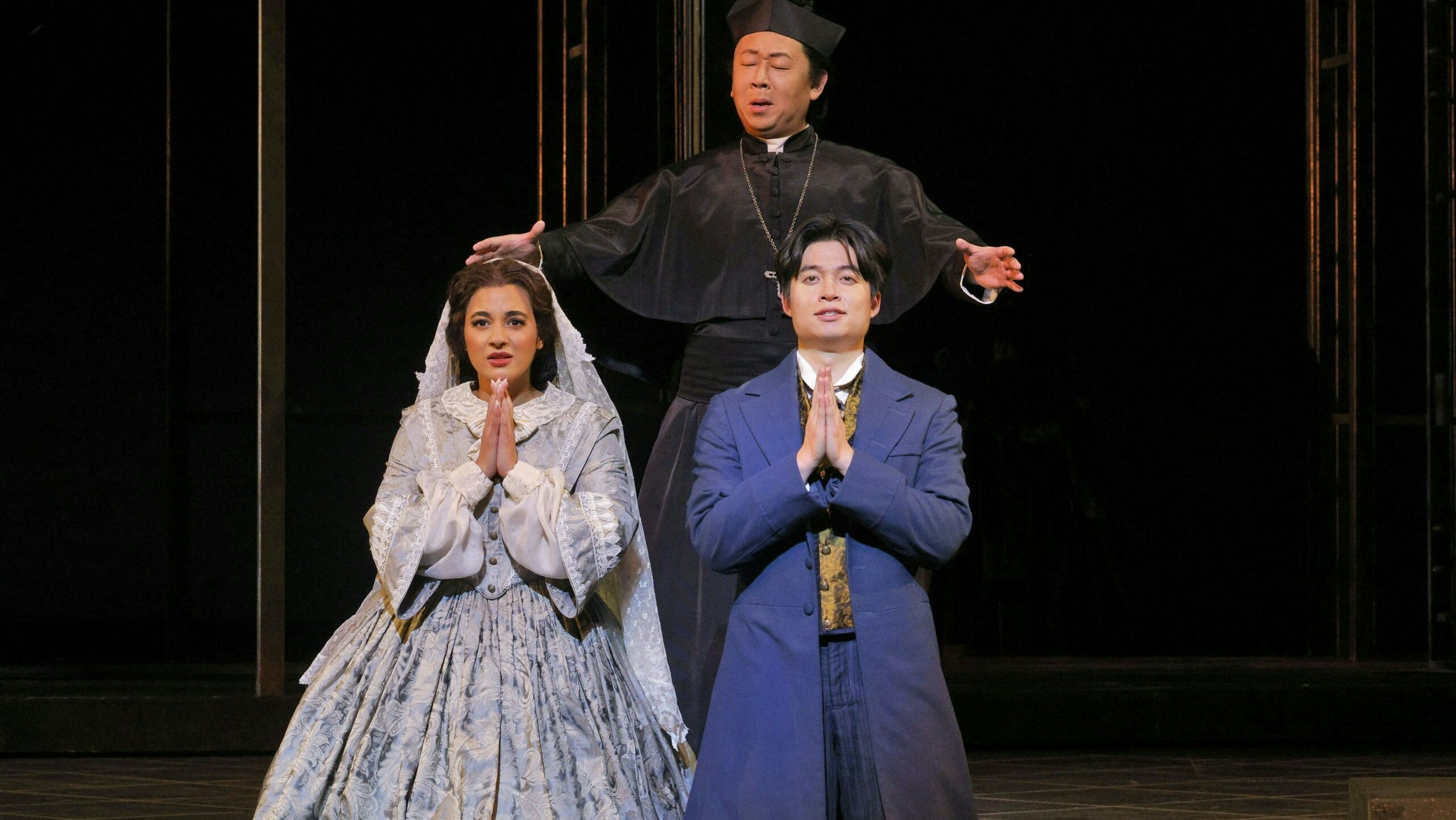
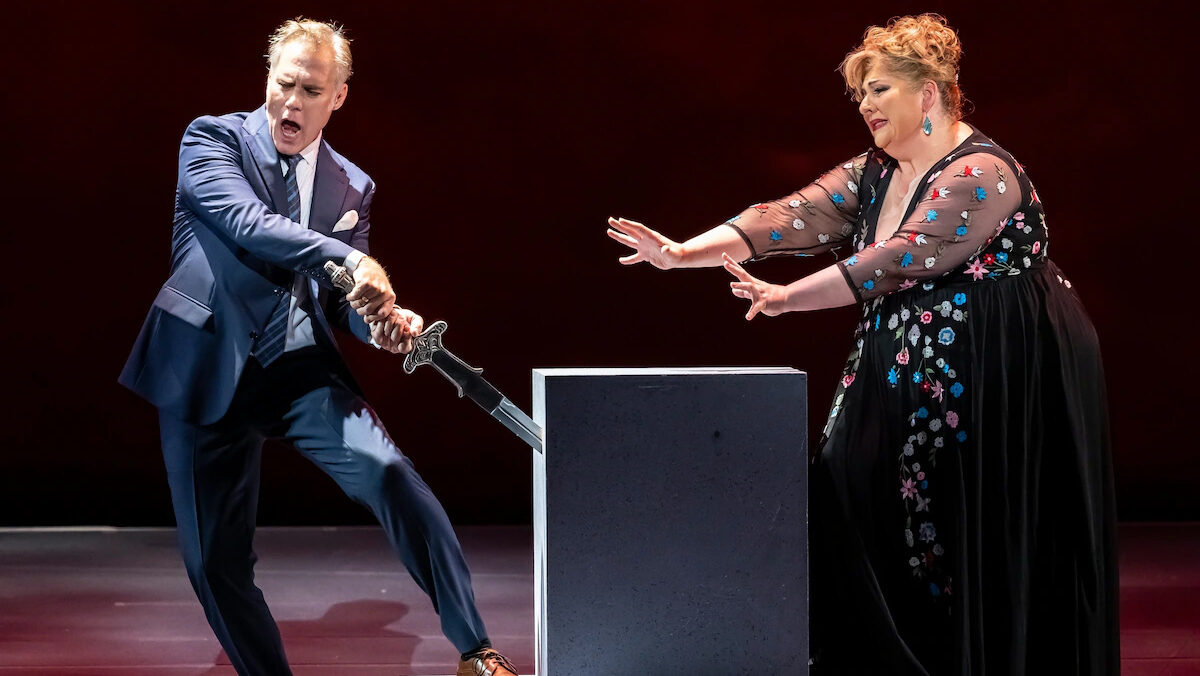



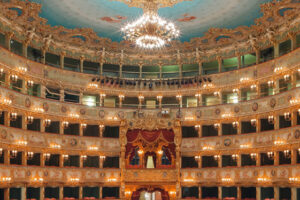
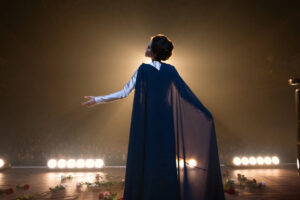
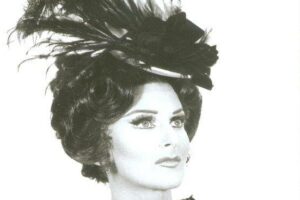
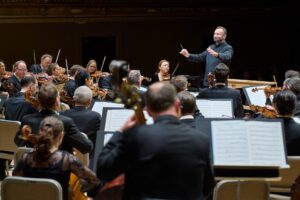


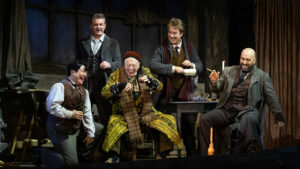




Comments